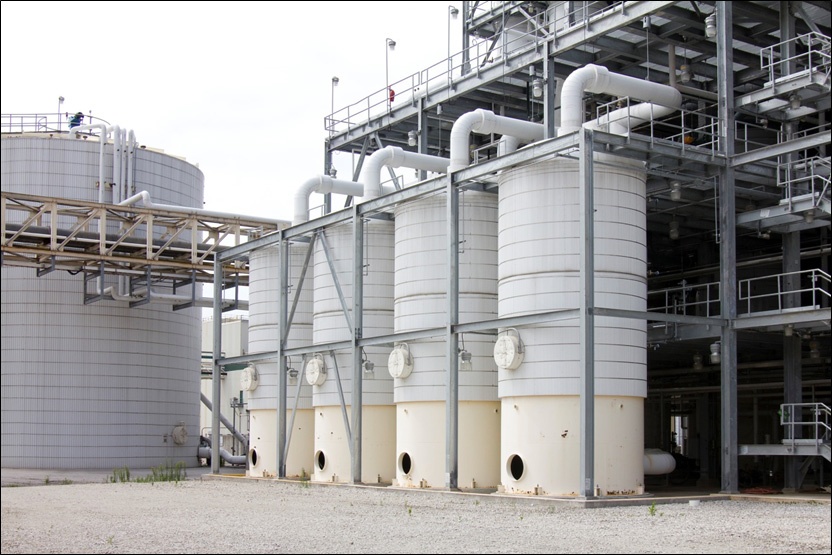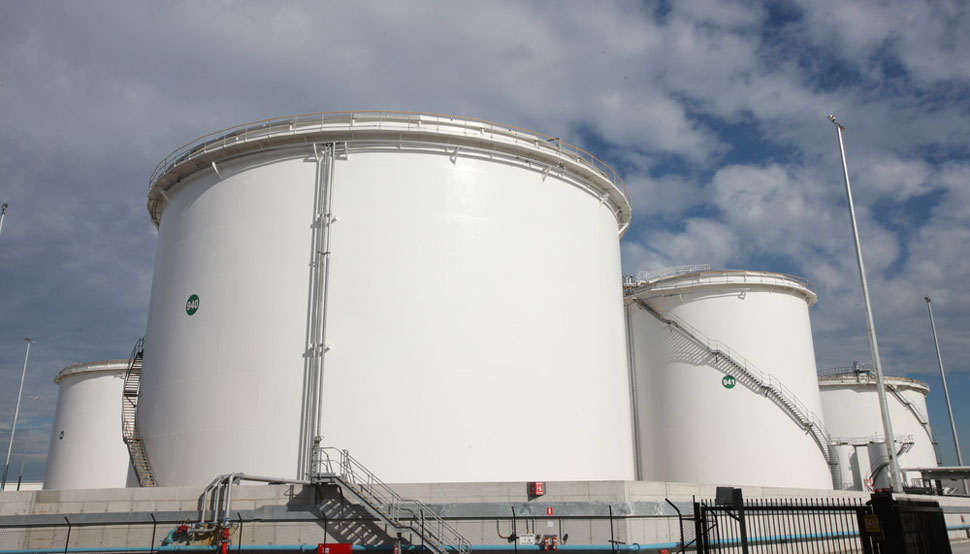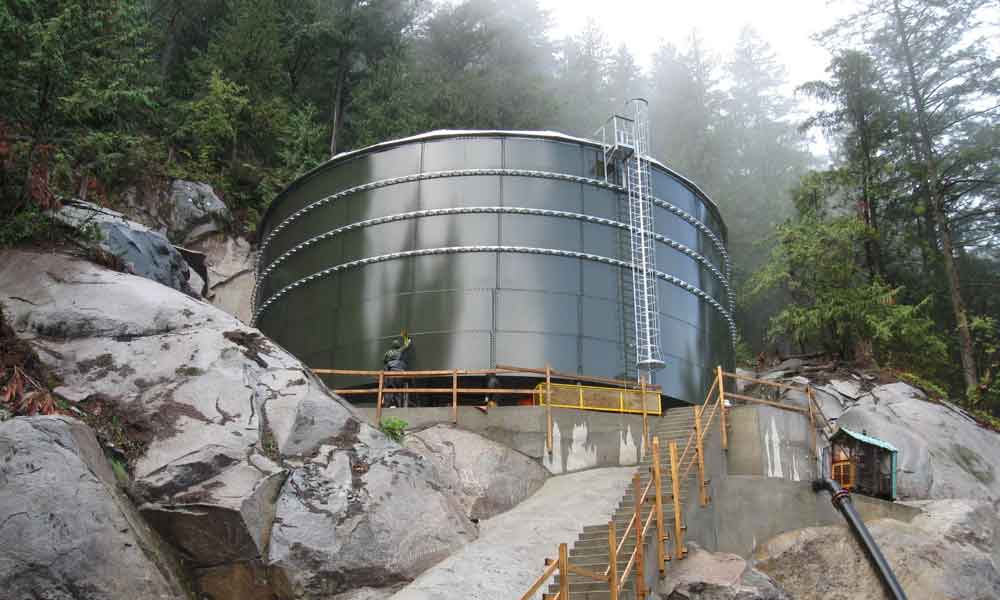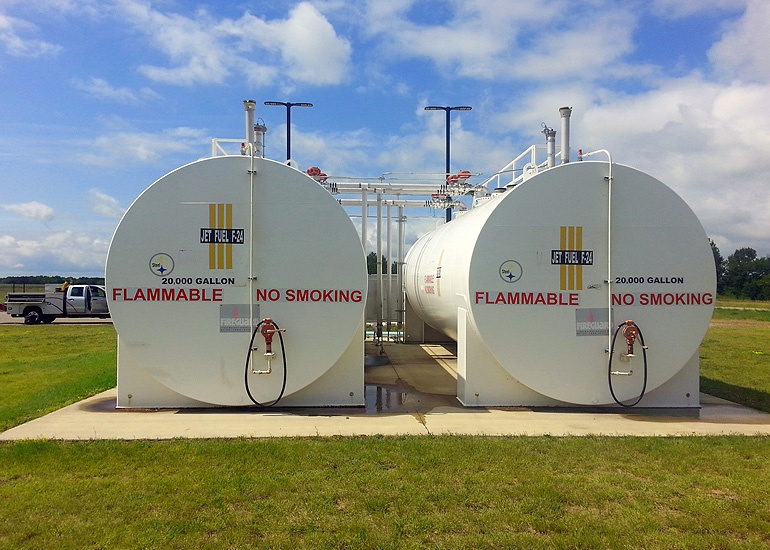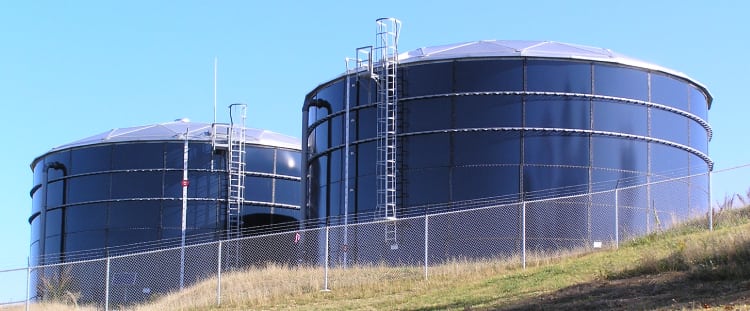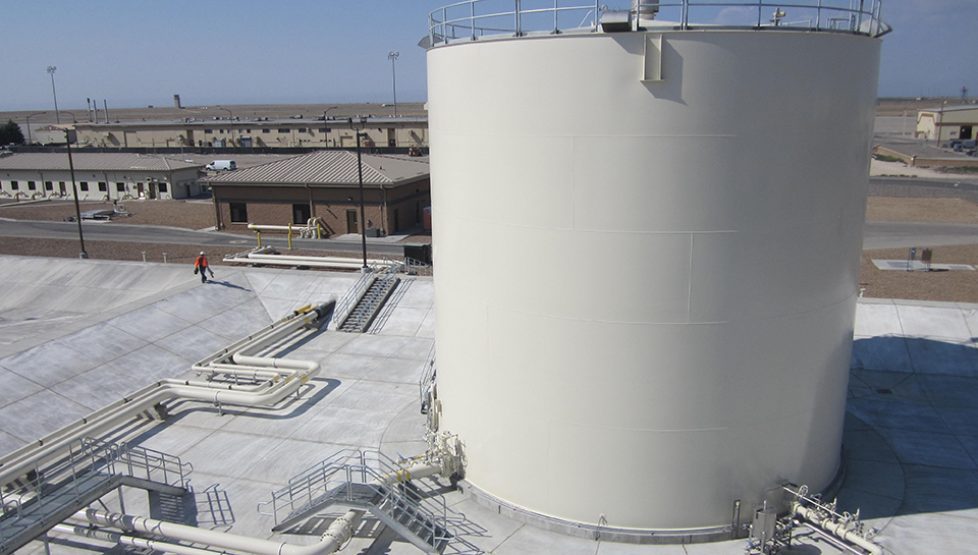
Experience is Needed When Construction Bulk Fuel Storage Facilities, Poplins, Piping Testing, and Leak Detection, Nationwide Consultants LLC Brings Years of History in the Field.
Nationwide Consultants, LLC brings decades of experience from its team of consultants working as owners’ representatives around the world on bulk fuel storage facilities projects. These projects typically include above ground storage, both temporary and permanent storage, piping systems, testing, and leak detection. Most important is compliance with local, national and international laws and regulations, as well as compliance with reporting and bringing projects in on time and within budget.
Considerations many firms never deal with, such as remote delivery and timing of delivery of construction material in very remote locations of the world is just another logistics plan for Nationwide Consultants, LLC. One of our latest projects saw us acting as Owners’ Representative on the project for the Lockheed Martin “Space Fence” a huge project assembled on one of the most remote islands in the world, Kwajalein Island in the Marshall Islands over 2000 miles from the nearest staging area and 12,000 from most of the materials by ship.
Timing, labor, contracting, local labor and a whole host of potential problems can be coordinated remotely by Nationwide Consultants, LLC and their on-site personnel. From Alaska to Antarctica and everywhere in between, we have you covered. Our clients work with the most sensitive projects and many of our consultants have top security clearance. There is no project too large, too complicated or too remote for us to work with you to make that construction project run smoother, and with more efficiency. We are your eyes, ears, and hands-on partners for all involvement on-site.
Our Simple Suggestion: Follow all Federal, State and Local Regulations, Filings, and Compliances to the Letter; it’s Not that Complicated
When you decide to store your won diesel fuel on-site, it offers many advantages for a heavy-equipment fleet. There is usually a big price break buying fuel in bulk. You set the time your supply will last rather than waiting for deliveries in remote locations, this means weather and seasonal conditions cannot hold up your trucks and machines from daily operation.
However, installing and maintaining bulk fuel equipment and tanks requires the company to follow many federal, state and local regulations. In many cases you may be working in exotic foreign lands with a substantial list of unfamiliar regulations and “permits.” No reason to worry when you rely on Nationwide Consultants, LLC to help with this process anywhere in the world.
Many installations are for construction firms and facilities that will cycle through fuel supply fast enough to reduce the contamination effects of water and microbial contamination. These contaminations tend to increase in fuel stored over longer periods of time, such as emergency generator fuel. Nationwide Consultants, LLC can help with proper storage-tank design and maintenance scheduling to create your best line of defense against all of these possible obstacles. We have seen and dealt with various problems successfully and can anticipate and mitigate problems before you realize they may come up.
Some Simple Suggestions for Bulk Fuel Storage Facilities and Pipelines
Regulatory Background
There are many overlapping federal regulations for above ground storage tanks (AST) and containers. Unfortunately, many of these requirements are found indirectly as pieces of regulations on other topics. A few of the more important regulations with AST requirements are:
-
Spill Prevention, Control and Countermeasure (SPCC) Rules (40 CFR 112)
-
National Pollutant Discharge Elimination System (NPDES) (40 CFR 122)
-
International Fire Code (IFC) published by the International Code Council
-
National Fire Protection Association (NFPA) 1 – Uniform Fire Code
-
NFPA 30 – Flammable and Combustible Liquids Code
-
NFPA 30A – Automotive and Marine Service Station Code, Flammable and
-
Combustible Liquids Code
-
U.S. Coast Guard (USCG) requirements for transferring oil or hazardous materials in bulk (33 CFR 154)
-
Occupational Health and Safety Act (OSHA) requirements for flammable and combustible liquids (29 CFR 1910.106)
-
Requirement for Hazardous Waste Containers (40 CFR 265, Subpart I) and Tanks (40 CFR 265, Subpart J)
Most states have adopted the IFC or NFPA 1 as their state fire code. If your facility is located in a metropolitan area, the chances are good that your local fire department has modified and adopted the IFC or NFPA. These standards have additional requirements for designing, installing and operating AST containing fuels and hazardous materials.
Be sure to check with your local or state fire marshal to see what guidelines they have adopted.
Also, more than 35 states have their own regulatory programs that impose additional, or more stringent, AST requirements. Every Nation is different, some may seem like the wild west, but all locations have very definite regulations and certifications to be dealt with.
Training and risk management
Proper management of the risks associated with above ground storage tanks is essential. Everyone who works on or around the equipment or the fuel storage locations should be trained to identify and eliminate risks. They should also know how to conduct routine inspections of fuel storage containers, dispense fuel and operate pump shutoffs properly.
Additional training should teach employees how to contain spills, conduct cleanup procedures, and how to safely operate the equipment. Employees should be involved in scheduled reviews of fuel operation and in identifying steps that can be taken to minimize spills.
Another way to keep tabs on fuel storage tanks is to use a cellular GPS system, Ben Tucker, equipment manager for Barriere Construction of New Orleans said, “We use cellular GPS monitoring on remote tanks to monitor level and time that fuel is dispensed. It also helps with filter changes on tanks and when jobs are fueling.”

